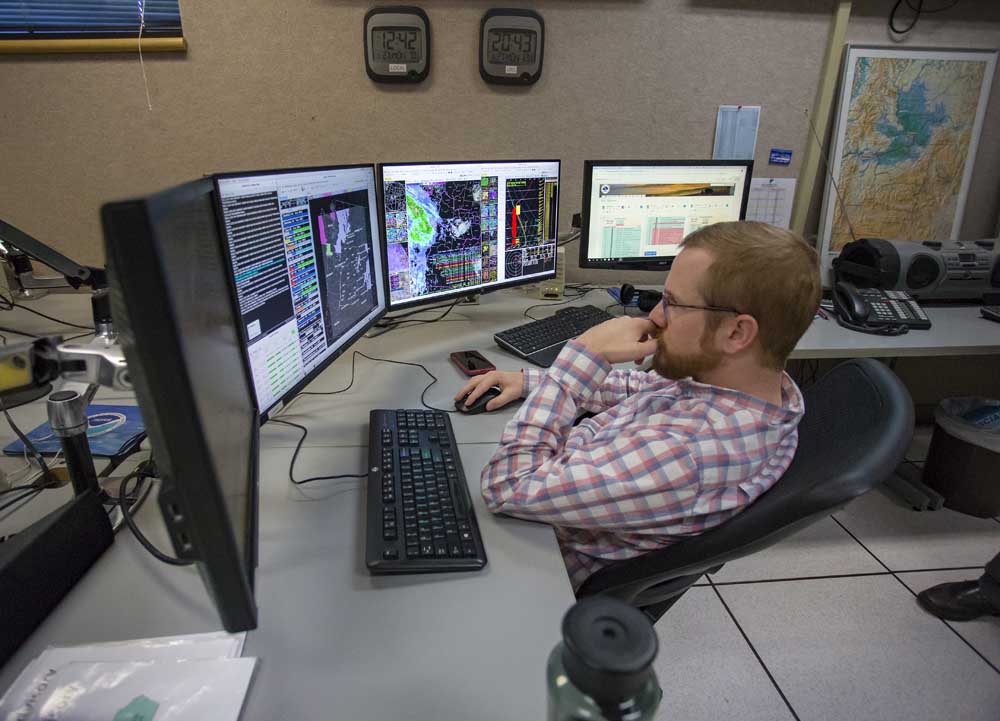World summit delegates welcomed
Published 6:53 pm Sunday, August 25, 2002
JOHANNESBURG, South Africa – The United Nations development and environmental summit opened Monday with a call for coordinated international action to fight poverty and protect the global environment.
“The peoples of the world expect that this world summit will live up to its promise of being a fitting culmination to a decade of hope,” South African President Thabo Mbeki told delegates at the opening session of the World Summit on Sustainable Development.
The 10-day summit, billed as the largest in U.N. history, hopes to halve the more than 1 billion people without access to clean water and the more than 2 billion without proper sanitation. It aims to develop specific plans for expanding the poor’s access to electricity and health care, to reverse the degradation of agricultural land and to protect the global environment.
But some activists fear the world’s wealthiest nations could sabotage any meaningful attempt to build on agreements adopted at the 1992 Earth Summit in Brazil.
“It’s important for us that the vision that was captured at Rio is not eroded,” said Goh Chien Yen, an official with the Third World Network.
In a weekend of pre-summit talks, negotiators tried to resolve contentious issues about who will pay for development.
Developing nations want promises from the West to increase aid and give greater access to its markets, while the United States and other Western nations are resisting any new aid targets in the summit’s final plan.
The head of the U.S. delegation, Assistant Secretary of State John Turner, said he was “feeling positive” about recent progress. But he also played down the importance of the summit’s final documents, saying they were secondary to the “really historic opportunity” the summit offers to launch “results-oriented” projects.
“We don’t see a need for new targets,” he told journalists. “We feel action on the ground … should be the test.”
Many environmental activists were disheartened that President Bush was not among the more than 100 world leaders scheduled to attend. They also blamed the United States for much of the difficulty in reaching agreement.
“(The United States) can be a catalyst for positive action or a constraint on international cooperation,” said Achim Steiner, director general of The World Conservation Union, or IUCN.
The European Union has also been criticized for refusing to drop subsidies that protect domestic industries, an issue that infuriates many developing nations struggling to get access to European markets.
Nitin Desai, secretary-general of the summit, said he was not worried there was not yet agreement on the implementation plan, despite months of negotiations.
“You have differences precisely because you are talking about very important things,” he said.
Many activists have lamented the “implementation gap” between the commitments made at the 1992 Earth Summit and the governments’ inaction to achieve those environmental and development goals.
Thousands of activists planned demonstrations during the summit demanding concrete action. South African Foreign Minister Nkosazana Dlamini-Zuma said Sunday that orderly, authorized protests would be welcomed, but illegal demonstrations would not be tolerated.
“The summit is not a summit for anarchy … I hope nobody is coming here to test the law,” she said.
In Italy, Pope John Paul II urged summit delegates “to find efficient ways for an integral human development, which takes into account the economic, social and environmental dimensions.”
“In a world ever more interdependent, peace, justice and the safekeeping of creation cannot but be the fruit of a joint commitment of all in pursuing the common good,” John Paul said.





